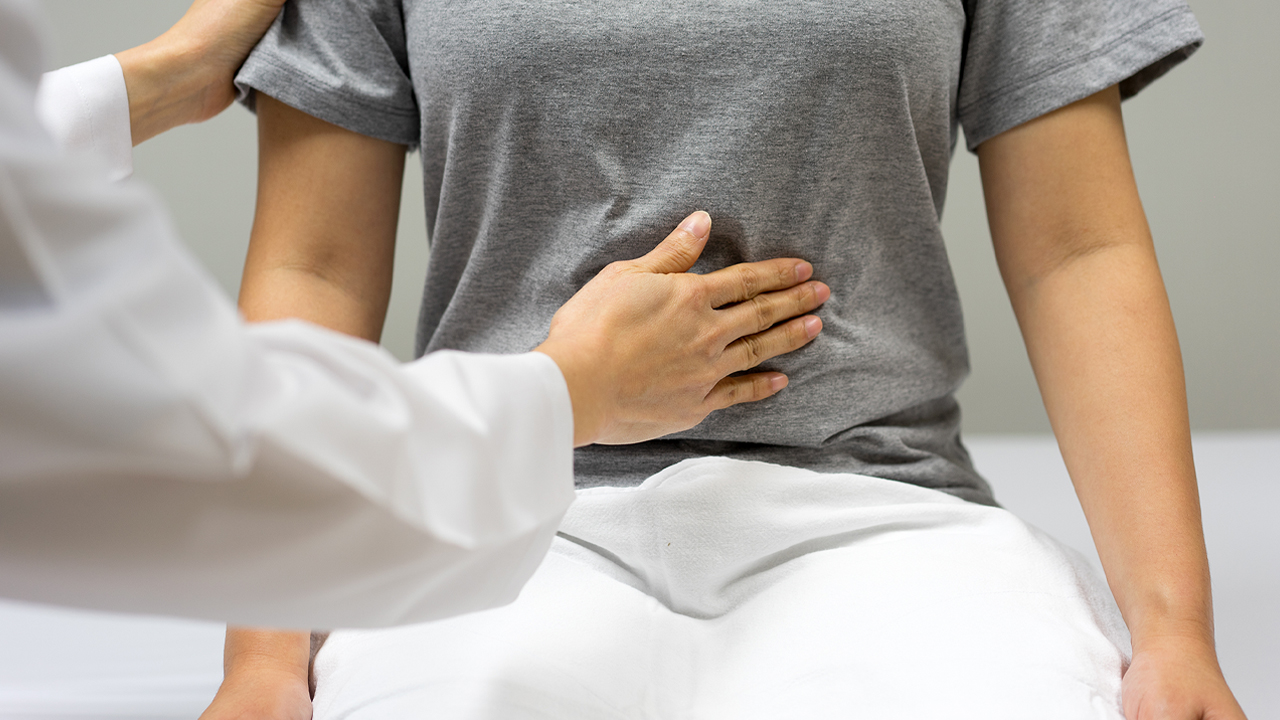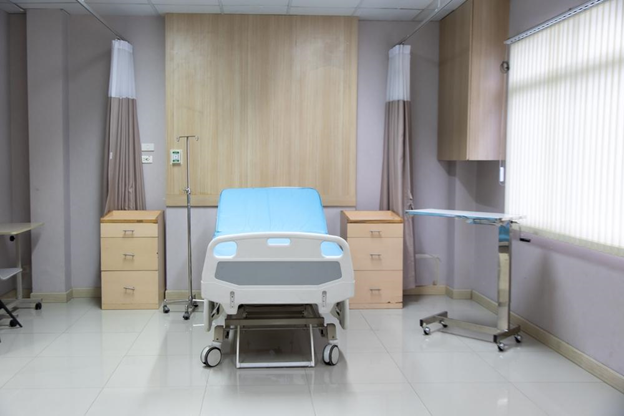How to Know If You Have Fibroids? Here Are 6 Early Signs

Although uterine fibroids are usually non-cancerous, they affect a huge percentage of women, especially those below the age of fifty years. Surprisingly, many women can’t even tell whether they are suffering from fibroids. However, uterine fibroids can cause severe consequences since they can cause infertility and other health complications to some extent. Luckily, with Buckhead fibroids diagnosis and treatments, you can overcome this hurdle.
Because you can easily miss the early signs of uterine fibroids, getting checked often can significantly stabilize your condition. In addition, to avoid falling into the trap of not detecting the early signs of fibroids, this guide provides you with the top six symptoms of fibroids. Let’s get started.
1. Pain during your menstrual periods
While not everyone will experience any fibroids symptoms, menstrual pain is the most common sign of uterine fibroids. This means that you will suffer abnormal pain during your periods which might also affect your lower abdomen. Furthermore, uterine fibroids can also go further and affect your lower back or the pelvic area.
2. Reproductive issues
Although not all women with fibroids suffer reproductive issues, fibroids may affect normal pregnancy and sometimes cause complications. If not identified earlier, this condition can cause difficulties in women conceiving. On the other hand, fibroids heighten the risk of pregnancy issues like miscarriages, having a breech baby, and preterm delivery and lead you to deliver your baby with a cesarean section.
3. An enlarged belly
Fibroids typically result in abdominal swelling, making your stomach look enlarged and distended. This does not only affect your confidence but can also lead to other health complications. Many women with fibroids that have lasted for months look like they are pregnant because of the extent of their belly enlargement.
4. Pain during intercourse
Uterine fibroids are another contributing factor to your experiencing pain during sexual intercourse. In a nutshell, fibroids interfere with the typical functioning of your uterus, affecting its shape, thus making any contraction or pressure painful. If the fibroids are located near your cervix, you may experience bleeding during sex. On the other hand, the hormonal imbalance caused by fibroids can also affect your libido lowering your desire for sex and making intercourse unenjoyable. In such a case, you should seek help from an expert.
5. Heavy periods
If you have been facing abnormal or heavy menstrual bleeding, chances are high that you have uterine fibroids. Similarly, they can contribute to more frequent or extended periods lasting longer than average. If you experience such heavy bleeding, talk to your doctor since ignoring can lead to anemia.
6. Frequent urination
Not all urinary incontinence issues result from a lack of bladder control. Generally, when uterine fibroids grow on the top of your uterus, it shares the pelvic space with your bladder, restricting the size of your bladder. This creates the need to urinate regularly, which in turn causes urinary incontinence. Also, if your fibroids are worse, you can suffer urinary tract infections meaning you might see blood in your urine.
If you have experienced any of the above-listed symptoms of fibroids, it may be wise to seek medical attention to prevent your situation from worsening. Fibroids are treatable and manageable, and you shouldn’t have any reason to worry.







